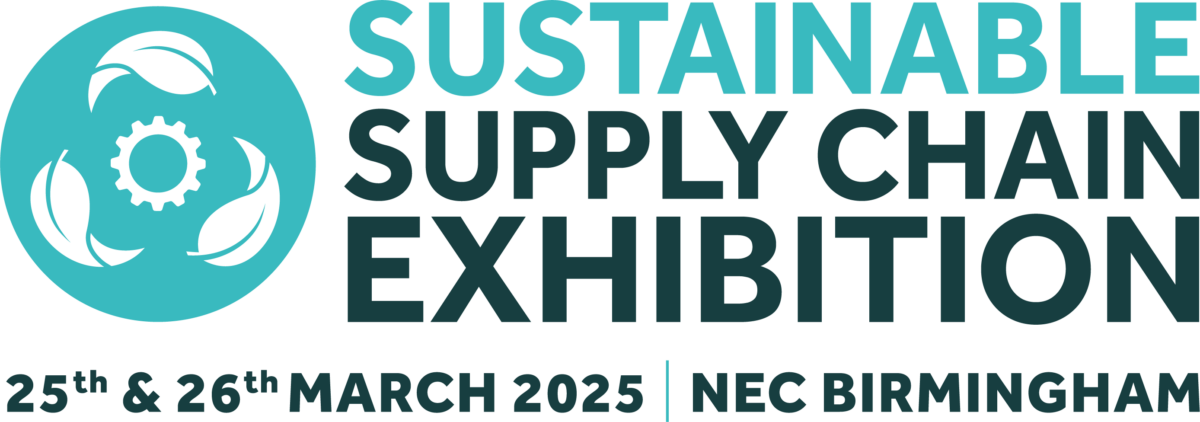Mondelez International, which owns the Cadbury brand, has set out supply chain initiatives that it reckons will deliver $3 billion in productivity savings over the next three years.
The company was formed when Kraft split its snacks business from its US grocery business last year. It set out the plans at a Barclays Capital Back to School Consumer Conference.
Central to the plan is restructuring the supply chain network. It said: “To support expected demand, the company will invest in 14 greenfield plants by 2020, to be built on advantaged platforms in locations with optimised logistics. By 2020, the volume produced on advantaged assets will rise from 15 per cent today to about 80 per cent. Similarly, revenue per plant is expected to more than double by the end of the decade.”
Daniel Myers, executive vice president, integrated supply chain, said: “We’re building an integrated supply chain organisation that’s laser-focused on delivering a demonstrable competitive advantage and generating savings we can reinvest in our growth.”
Myers said the company’s journey to reinvent its complex supply chain was starting with upgrading leadership talent and capabilities.
The company is also driving productivity improvements through Lean Six Sigma, procurement transformation and simplification programmes.
Examples include: $400 million of conversion productivity savings over the past two years, largely from Lean Six Sigma work; a 20 per cent reduction in procurement costs by partnering with strategic suppliers; and simplification of the European biscuit portfolio that is expected to reduce complexity by 60 per cent and save $100 million in costs.
Myers also highlighted the focus on improving cash management by addressing all the levers of the cash conversion cycle, including Days Sales Outstanding, inventory levels and suppliers’ payment terms. As a result, he said, the company delivered a $400 million step-up in cash flow last year and expects to deliver incremental cash of $1 billion over the next three years.
In total, the changes to the company’s supply chain are expected to deliver over the next three years $3 billion in gross productivity savings, $1.5 billion in net productivity and $1 billion in incremental cash. These savings will be the primary driver of an approximately 60-to-90 basis-point annual improvement in base operating income margin.
Mondelez is increasing its investments in emerging markets to deliver profitable growth over the long-term. It plans to pay for these by increasing margins in North America and Europe to levels at or above the average of peer companies.
Chairman and chief executive officer Irene Rosenfeld said: “In Europe, we’re targeting an improvement of 250 basis points in operating income margin, which we also expect to reach by 2016.
“In North America, we’re targeting a 500-basis-point improvement in operating income margin, and we now expect to reach that target by 2016, a year earlier than originally anticipated.”
Mondelez also wants to transform manufacturing processes and partner with suppliers to develop more efficient, modular designs for global product platforms. For example, the company is installing Oreo manufacturing lines that require 30 per cent less capital and reduce operating costs by $10 million per line.
As well as Cadbury, Mondelez’s brands include Milka chocolate, Jacobs coffee, LU, Nabisco and Oreo biscuits. Last year it had sales of $35 billion.






